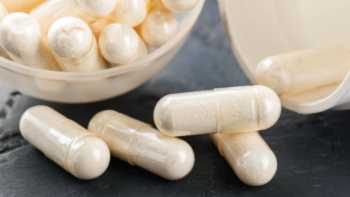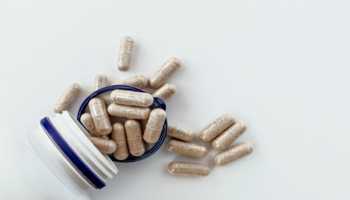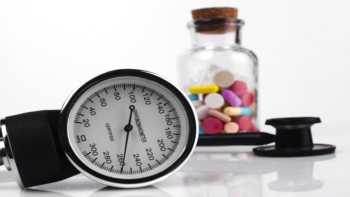Summary
-
Why take a digestive enzyme supplement?
Digestive enzyme supplements can help you digest specific foods (such as beans and dairy, as well as carbohydrates, proteins, or fatty foods) when you do not naturally produce enough enzymes — such as among people with pancreatic disease. In such cases, taking enzymes can reduce bloating, gas, and diarrhea and increase the absorption of nutrients. (See "What They Are" for a list of enzymes and the foods they break down.) Enzymes may also have other beneficial effects, such as phytase to improve iron absorption from wheat and other plant-based foods. It is unclear if enzymes, such as bromelain and papain, help with pain and inflammation or reduce eye floaters. (See "What They Do" for information by medical condition.) -
How to choose a digestive enzyme supplement:
Choose a digestive enzyme supplement that lists enzyme activity units (such as PU, HUT, FIP, etc.), not just the amount of enzyme (such as milligrams) since that won't tell you how potent the enzyme is (see "What They Do"). Also, check that ConsumerLab.com or another reputable independent 3rd party has verified the enzyme activity. As found in this Review, some products don't provide all the enzyme activity that they list and some provide much more than listed, putting them over tolerable limits (see "What CL Found"). Best digestive enzyme supplements?
See our Top Picks among Approved digestive enzyme supplements for overall best general product and specifically for digesting carbohydrates, fats, and proteins, and for providing bromelain and papain activity.-
When should you take a digestive enzyme?
If you're taking an enzyme to help with food digestion, enzymes generally work best when taken immediately before or during a meal. If you're taking an enzyme for pain and inflammation, take on an empty stomach, at least 30 minutes before a meal. (See How to take and Dosage.) -
Are digestive enzyme supplements safe?
Digestive enzymes are generally well-tolerated, but people with allergies to a specific enzyme source, certain medical conditions, or who take medications such as blood-thinners or diabetes drugs may need to avoid specific enzymes. Rarely, nausea and allergic reactions have been reported with the use of lactase (see "Concerns and Cautions").

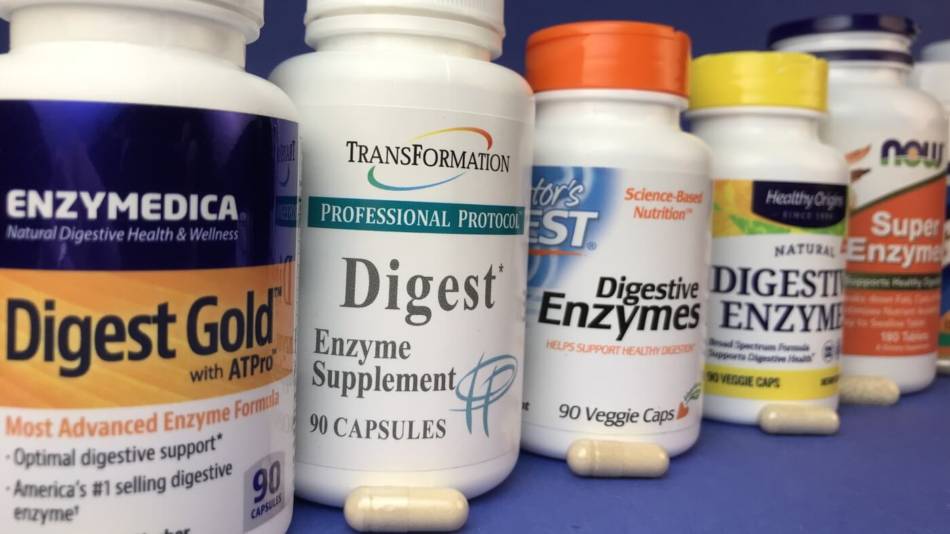

.png)
.png)
.png)
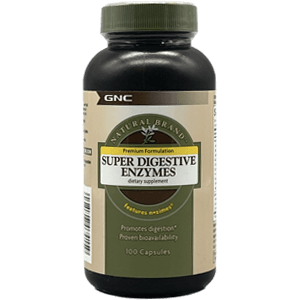
.png)
.png)
.png)
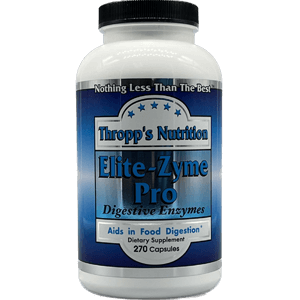
.png)
